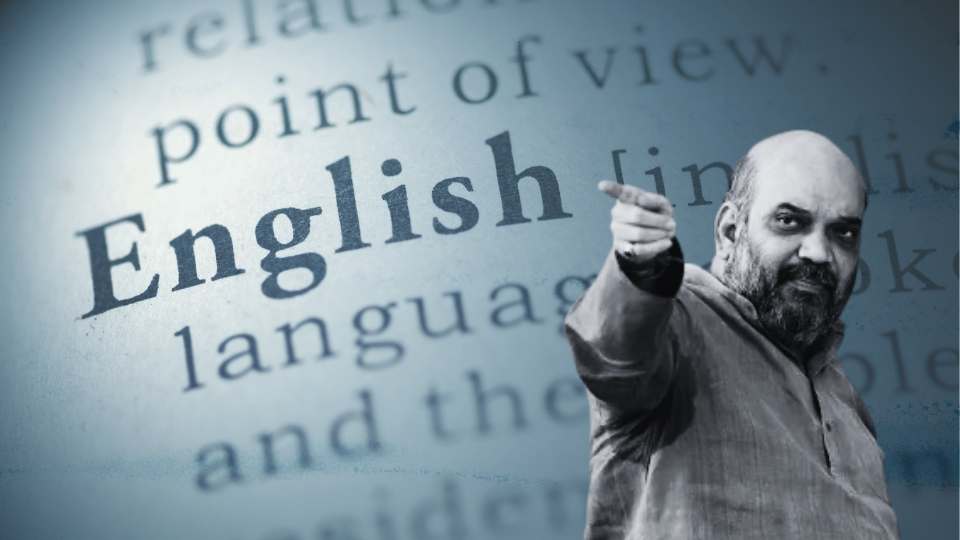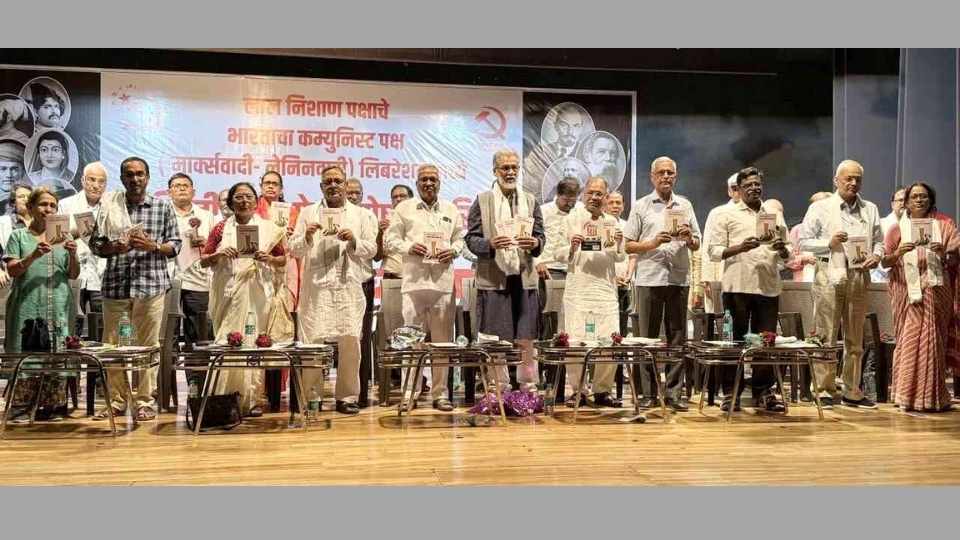The 22nd Law Commission of India, headed by former Karnataka High Court Chief Justice, Ritu Lal Awasthi, in its report titled “Usage of the Law of Sedition” (Report No. 279, April 2023), has categorically recommended that section 124A be retained in the Indian Penal Code, ignoring the concern that sedition is an overboard, arbitrary offence which has no place in a constitutional republic. The Law Commission has also proposed that sedition be amended to contain the ‘tendency to incite violence or cause public disorder’. Some cursory safeguards are suggested including that criminal cases invoking sedition can be registered only after a police officer not below the rank of an Inspector conducts a preliminary inquiry and grants permission for the same. Also recommended is an amendment to the punishment for sedition offences. Sedition law, as it stands today, carries a maximum punishment of life imprisonment or a punishment of three years, which the Law Commission has recommended that the alternative punishment be enhanced to seven years.
One would recall that the constitutional validity of sedition law is pending before the Supreme Court in a batch of petitions. The Union of India had filed an affidavit acknowledging the concerns about the abuse of sedition law, and stated that it had decided to “re-examine and re-consider” section 124A, adding that this could only be done before the “competent forum” and that the Supreme Court “may not invest its time in examining the validity of section 124A”. Taking note of the Union government’s stand, the Supreme Court passed an interim order on 11.05.2022 keeping section 124A i.e. sedition in abeyance and restrained the State from registering any criminal cases or continuing any investigation or prosecution in relation to section 124A. While the interim order was welcomed, it was also voiced that the Supreme Court had consciously sacrificed its duty of judicial review of sedition, for a vague proposal of the Union Government of reconsideration of sedition law before an “appropriate forum”.
The appropriate forum has revealed itself in the form of the Law Commission; the reconsideration has taken the shape of the Law Commission Report recommendation that the sedition law be made even more stringent and draconian.
The Law Commission blindly rehashes the arguments of Ajit Doval, India’s National Security Advisor, and the Ministry of Home Affairs, to argue that sedition law ought to be retained in the interests of national security and to safeguard the unity and integrity of India. Lest we forget, Ajit Doval has openly declared that the new frontiers of war, (what he called the fourth-generation warfare) is civil society. However as per the judgments of the Supreme Court ‘national security’ cannot be asserted as a bald justification to restrict fundamental rights. Recently the Supreme Court came down heavy on the Union government for revoking the permission granted to Madhyamam Broadcasting Limited for their news and current affairs television channel called “Media One” stating that it was “using national security as a tool to deny citizens remedies that are provided under the law”.
The Law Commission has also completely ignored the jurisprudence around dissent and democracy particularly the Supreme Court in Shreya Singhal vs, Union of India, where it identified three concepts which are fundamental in understanding the reach of this most basic of human rights i.e. first being discussion, second being advocacy, and the third being incitement and mere discussion or even advocacy of a particular cause howsoever unpopular cannot be trammelled upon and it is only incitement that can be criminalised.
The expanded definition recommended by the Law Commission, no doubt, widens the scope of what constitutes sedition making it even more draconian than before, and an even more potent weapon to quell any legitimate dissent. This come in the backdrop of the indiscriminate use of sedition to quell dissent, obstruct free speech and target any opposition to the dominant ruling class ideology of crony capitalism and Hindutva. Recent research reveals the extent of abuse of sedition law by governments from 2010 – 2021, which has seen more than 800 sedition cases being filed against 13,000 people, with more than 500 cases being filed since the BJP came into power at the centre. The research has concluded as follows: “Its use has risen inexorably over the last decade, most recently against public protests, dissent, social-media posts, criticism of the government and even over cricket results.” There is not a whisper in the report of the way sedition has been used to target activists, journalists, students and ordinary citizens in the Report. Rather the report argues that sedition is an essential tool to deal with a litany of challenges including Maoism, calls for self-determination as well as the “problem” in Kashmir.
None of this finds any mention in the regressive Law Commission report.
Sixty years ago, a Constitutional Bench judgment of the Supreme Court limited the application of sedition law to speech that had the tendency to incite violence against the state. As such two individuals who raised the slogan “Khalistan Zindabad” outside a cinema hall just after the assassination of the then Prime Minister Indira Gandhi, were freed from sedition charges since these slogans could not be held to be exciting disaffection towards the government. More recently, the Supreme Court yet again clarified that an expression of a view which is a dissent from a decision taken by the Union Government itself cannot be said to be seditious. Despite limiting the sedition law to incitement of violence, sedition law is still used to target any speech the Government deems is critical of it, and this has seen a steep escalation post 2014, with the BJP coming to power at the Centre.
The ignominious history of Section 124-A, particularly in colonial time should never be forgotten. Scores of freedom fighters were thrown into jail under the sedition law for the simple reason of speaking up against British rule, resulting in MK Gandhi calling this law, ‘the prince among the political sections of the IPC designed to suppress the liberty of the citizen.’ He saw the law as a tool used by the British to stifle dissenting voices. The memories of anti-colonial struggle also led the Constituent Assembly to reject the proposal to include sedition as a ground for reasonable restriction of the freedom of speech and expression. When sedition has no place in the Constitution, it should have no place in any statute either.
The BJP seeks to silence all voices of dissent and create an air of fear in the country, in this period which is akin to an undeclared emergency. Rights, constitutional, fundamental or otherwise, are of no concern of the BJP. This is resonated in the Law Commission report, where for Justice Awasthi and his team, sedition is not a problem for the functioning of a democracy based on the freedom of speech and expression, but rather is a tool which is required from the point of view of national security. Just to recall, Justice Awasthi, previously as the Chief Justice of the Karnataka High Court, had authored the infamous judgment upholding the ban on wearing hijabs in the classroom. Recently, the Law Commission under his chairpersonship, has espoused BJP’s call for “One Nation, One Election” i.e. simultaneous elections to the Parliament and State Assemblies, which too is damaging to the democratic ethos of the country, violative of the basic structure of the Constitution, against all accepted norms of federalism and an affront to constitutional morality. Today he has authored a report on sedition which mirrors the views of the BJP, while blithely and callously ignores the way Section 124-A impinges on the freedom of speech and expression.
This Law Commission Report, lacking in a strong constitutional analysis, as well as empathy for the victims of Section 124-A, deserves to be dumped in the dustbin of history. That is possible only when the people of the country stand up against sedition and all other draconian laws, so easily deployed by the BJP to muzzle any voices of dissent against its march towards its corporate, communal, casteist, patriarchal haven – the Hindu Rashtra.





